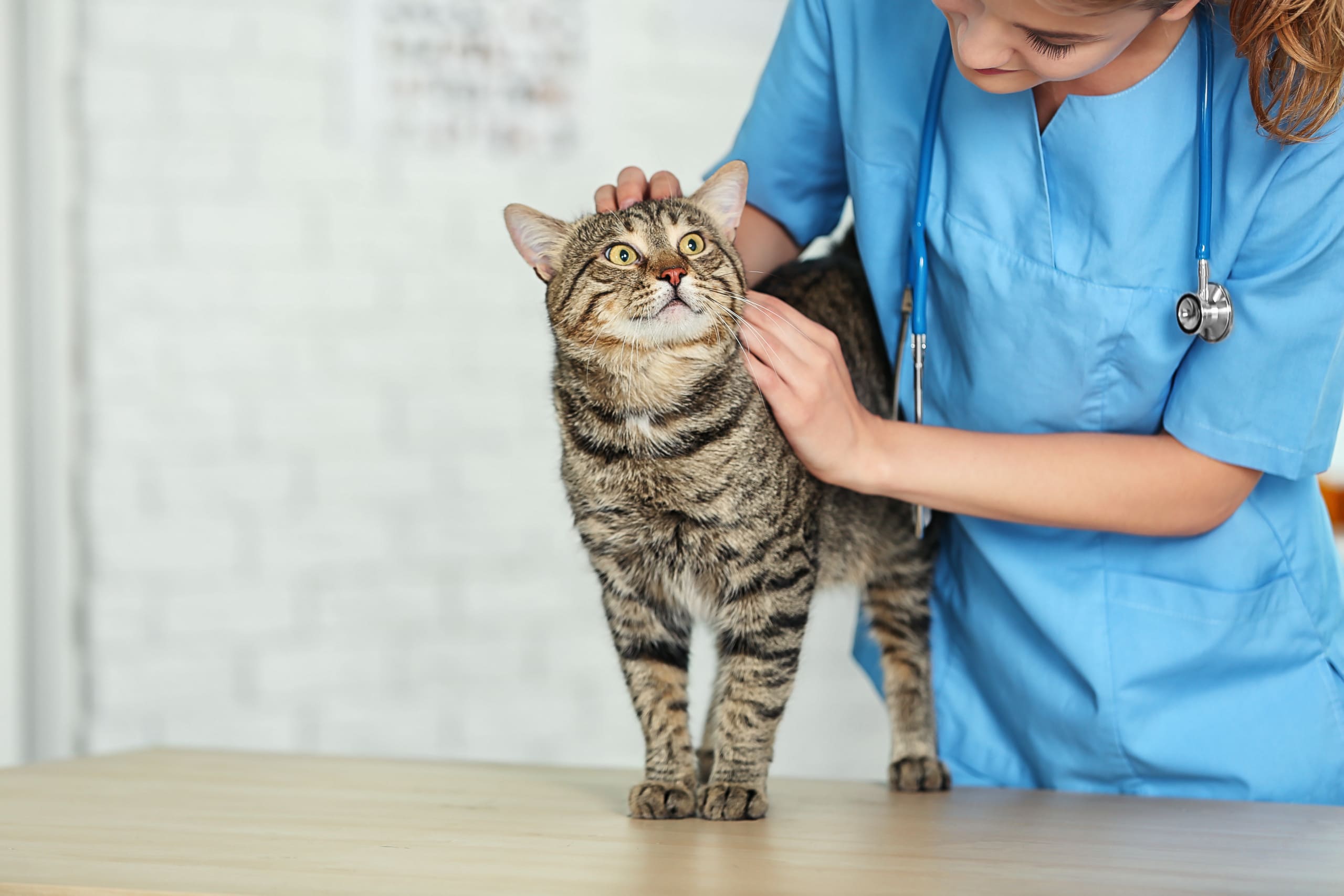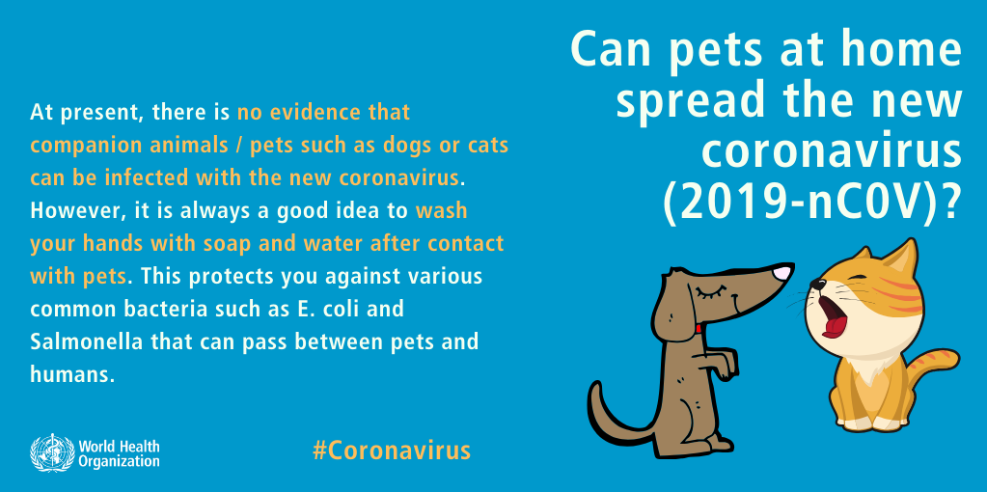
What Your Pet Can and Can’t Eat on Thanksgiving
November 21st, 2024
Thanksgiving is around the corner, with plenty to be thankful for and lots of yummy treats. Unfortunately, accidental poisonings soar over the holidays due to consuming human foods. Our team at Newport Center Animal Hospital put together a guide outlining Thanksgiving staples you can safely share with your furry friend and those you should keep well out of reach. We hope you and your pets enjoy a safe and joyful holiday season.
Thanksgiving Foods That Are Safe for Your Pets
Here are some pet-healthy Thanksgiving treats your furry companion will love:
- Turkey: A small amount of cooked turkey is a safe Thanksgiving treat for your furry companion. Make sure to remove any skin and take out bones, which can be a choking hazard.
- Eggs: Unseasoned eggs are a great source of protein for your pets. You can add them as food toppers for a yummy Thanksgiving treat.
- Mashed Potatoes: Plain mashed potatoes are safe in moderation. Make sure you don’t add any butter or seasonings.
- Pumpkin and Sweet Potatoes: Pumpkin and sweet potatoes are delicious, healthy treats for your pet. Make sure they are cooked and unseasoned, and mash them or cut them into small pieces.
- Green Beans: Set aside some unseasoned green beans as you put together your Thanksgiving casserole. Small amounts of cooked green beans are an excellent source of potassium and fiber, boosting muscle and nerve function.
Thanksgiving Foods That Are Harmful to Your Furry Friend
Here are some Thanksgiving treats to avoid:
- Bones: Turkey bones, even cooked ones, are a choking hazard to cats and dogs. Swallowing bones part or whole can lead to intestinal blockages or even perforation.
- Fatty Foods: Keep rich, greasy foods like turkey skin or gravy out of reach. These fatty dishes can cause pancreatitis in dogs.
- Garlic and Onions: Garlic and onions add flavor to many Thanksgiving dishes. However, they can cause gastrointestinal upset, and worse yet, they can lead to anemia, meaning an abnormally low blood count.
- Grapes and Raisins: Grapes and raisins pose a serious health risk to pets. They are toxic to cats and dogs, potentially leading to kidney failure.
- Nuts: Many nuts, such as walnuts or macadamia nuts, can be toxic to pets. They can lead to vomiting and diarrhea and can sometimes cause more severe reactions.
- Stuffing: Stuffing is filled with ingredients that can pose a risk to your furry friend. From onions and garlic to spices and raisins, the holiday dish can lead to vomiting, diarrhea, and other serious complications.
- Alcohol: Alcohol, even in the tiniest amounts, can be toxic to your pet. It can cause vomiting, diarrhea, breathing difficulties, and seizures.
- Chocolate and Xylitol: Chocolate and sweet treats containing xylitol are toxic to cats and dogs. They can cause serious complications, including vomiting, loss of coordination, seizures, and even death.
What Should You Do if Your Pet Ingests Something Toxic?
If your pet gets into harmful human foods, contact Newport Center Animal Hospital for guidance. If your pet ingests toxins like grapes, alcohol, chocolate, or xylitol, it’s also important to contact the Pet Poison Helpline for immediate assistance.
Emergency Veterinary Services Near Me in Newport Beach, CA
If your pet ingests toxic food or has any other emergency, our dedicated team at Newport Center Animal Hospital is here to help. We offer emergency services to address your pet’s urgent needs, ensuring the best possible outcomes. You can count on us for compassionate care that exceeds your expectations. If your pet requires emergency care, please contact our office at (949) 644-5460 for assistance.

